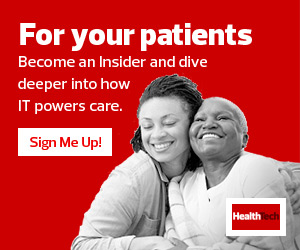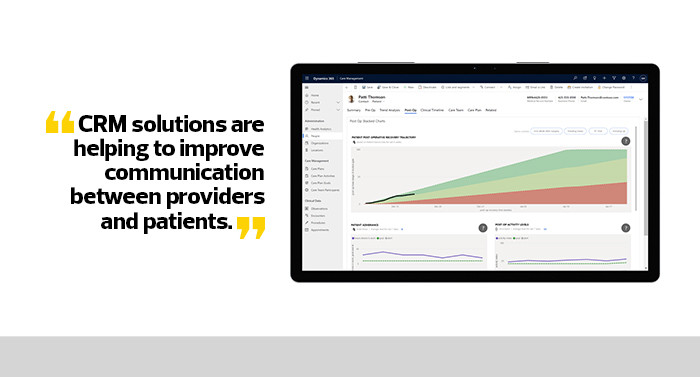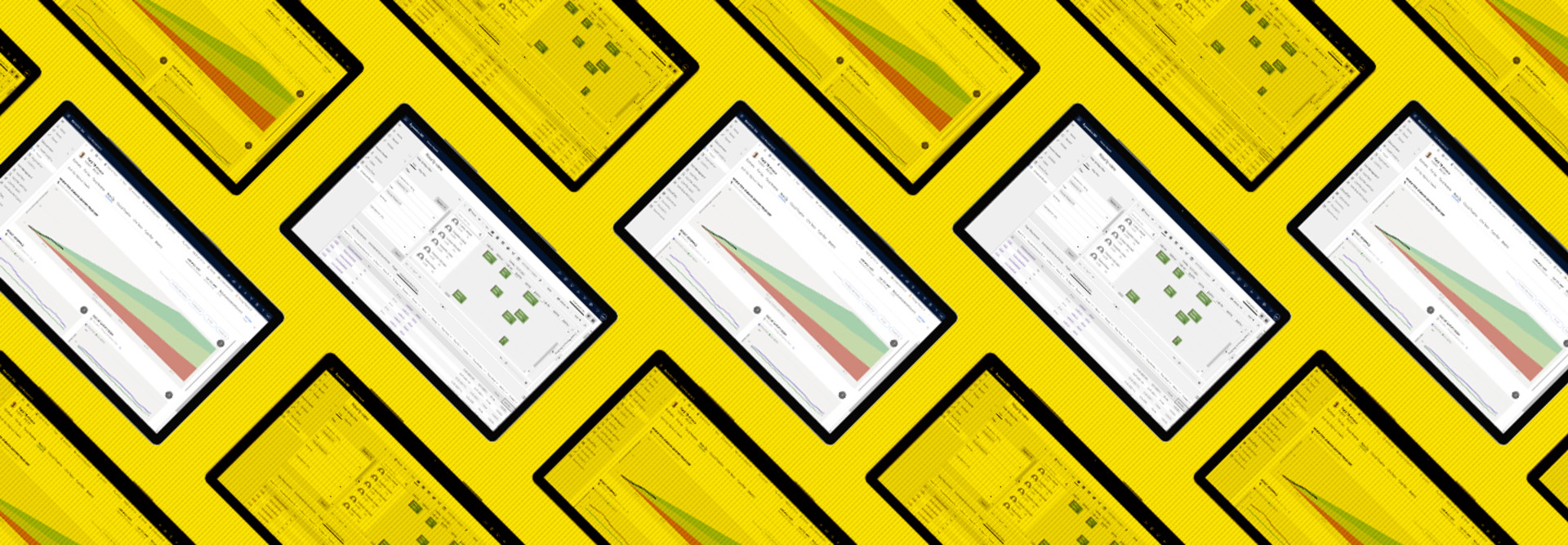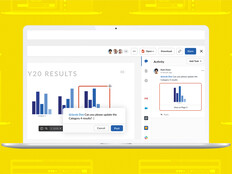Customer relationship management software, traditionally an important tool in the retail sector, is taking center stage in driving patient engagement and satisfaction in healthcare.
CRM may seem complicated at first, but at its core, the software is simply a set of collaboration tools built to facilitate the management and execution of communication between an organization and its potential and existing customers. Almost any organization that serves customers can benefit from having a good CRM tool, which is why it’s rapidly expanding well beyond retail.
One place where CRM platforms are taking off is in healthcare, where instead of tracking customer interactions, the platforms can monitor and manage how well clinicians, patients and support staff are interacting.
CRM solutions are helping to improve communication between providers and patients. As a secondary benefit, CRM platforms can provide a better view of what’s working and what needs improvement.
Healthcare organizations can use CRM solutions to gather and analyze all of their patient interactions, including tracking patient behavior and preferences. Communications can then be tailored to those preferences, while bottlenecks or pain points are fixed or removed. This, in turn, helps providers build stronger relationships with patients, increase patient satisfaction and ultimately improve patient outcomes.
But not all CRM tools are built alike. Valuable CRM solutions, such as Microsoft Dynamics 365, not only drive patient engagement but also offer features that help healthcare organizations streamline internal processes.
Click the banner for access to exclusive HealthTech content and a customized experience.


How CRM Tools Help Healthcare Organizations Run on the Right Data
A standout aspect of Microsoft Dynamics 365 is its automation of complex administrative tasks. By aggregating patient data, Dynamics reduces the workload of healthcare staff when managing patient and departmental communications and streamlines coordination between offices. In that way, it can improve patient engagement and internal communications.
Dynamics can also personalize patient service experiences, help build educational campaigns and ensure that all patients are getting access to the right care and facilities. These outreach messages reduce the cost per conversion for new patients and the adoption of new services by using insights driven by artificial intelligence and automated workflows that are always offered with personalized recommendations.
The Dynamics CRM also provides privacy and personalization when working with critical consent data. All information related to consent activities is automatically updated and classified with secure labels. That enables safe communications about issues such as cold and flu season or COVID-19 vaccines to patients who need it, and who have given permission to receive such information.
Reliable CRM systems are all about the data, analysis and subsequent reporting capabilities. Dynamics takes data management to another level by helping healthcare staff ingest transactional, behavioral and demographic data to create deep insights and complete, up-to-date customer profiles that honor customer consent.

Testing the Impact of a CRM Tool in Healthcare
The best way to test, compare and choose the right CRM is to look at the challenges in healthcare that need to be solved. The biggest will always be better patient engagement and health outcomes. One of the main benefits of Dynamics 365 is the ability to empower healthcare teams to coordinate care efforts across organizations to improve patient care. Being able to do so with highly curated data greatly improves clinical and operational outcomes.
For example, before a healthcare visit, Dynamics 365 empowers organizations to provide patients with the tools to research, connect and schedule visits with the right providers. In doing so, Microsoft’s CRM also facilitates the personalization efforts that can lead to new, satisfied patients.
Dynamics also leads to a larger group of patient populations by developing easier access through mobile apps, landing pages, kiosks and secure patient portals. It can even help with call centers, using intelligent chatbots to help users with everything from finding the right doctor to online scheduling.












